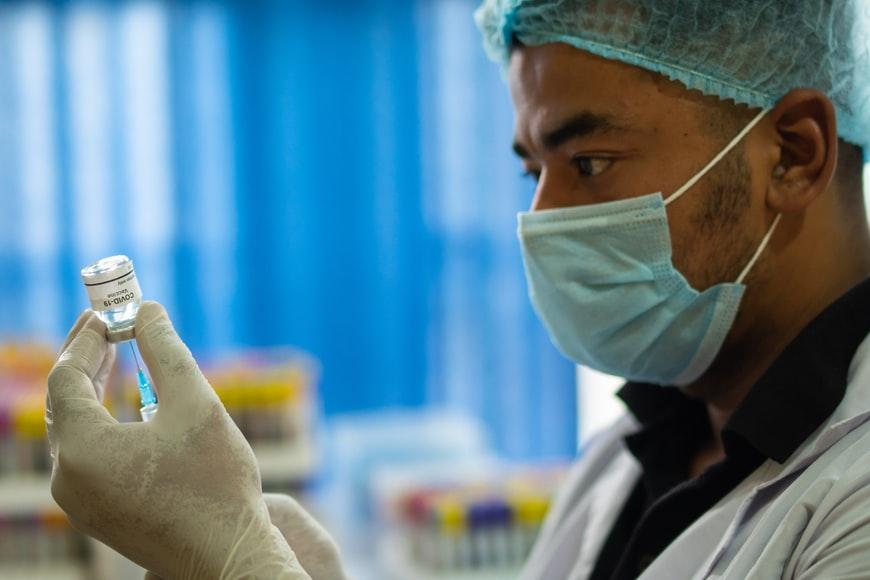If you’ve been hearing rumors of studies that show that Pfizer’s vaccine Covid immunity wanes for recipients just a few months after getting the two doses of the vaccine, you’ve heard correctly.
According to a news story that was published on CNN.com, immune protection offered by Pfizer’s vaccine tends to drop off about two months after you get the shots—though protection is said to ‘remain strong’ against severe disease, death, and hospitalization.
Here’s what you need to know.
The Basics: Do The Pfizer Vaccines Wear Off After Two Months?
According to studies from Qatar and Israel, which were recently published in the New England Journal of Medicine, people who’ve received the Pfizer Covid vaccine should still maintain precautions to protect them from the virus.
According to the study performed in Israel, antibody levels waned rapidly after two doses of the vaccine, especially in men, people aged 65 and older, and among those who were immunosuppressed.
According to researchers, many vaccines show a small decrease in neutralizing antibody levels.
For example, the vaccines for mumps, measles, and rubella show a small decrease of 5 to 10% each year. But the Covid vaccine was said to experience a ‘rapid decrease’ in humoral response.
Do People Who’ve Already Had Covid Have Stronger Immunity To The Virus?
Another really interesting discovery from the study performed in Israel is that people who get the vaccine after a natural Covid infection tend to gain immunity from the virus for longer.
In other words:
People who have already had Covid, who’ve successfully and fully recovered from it, showed greater immune response after getting the vaccine than people who had never had Covid.
The Study From Qatar Measured Infections Among Highly Vaccinated People
This study found an interesting pattern in vaccine-induced protection.
Here’s a quote from Laith Abu-Raddad, of the Weill Cornell Medicine-Qatar, and colleagues.
“BNT162b2-induced protection against infection builds rapidly after the first dose, peaks in the first month after the second dose, and then gradually wanes in subsequent months… The waning appears to accelerate after the fourth month, to reach a low level of approximately 20% in subsequent months.”
They also observed, however, that protection against hospitalization and death stayed at above 90%.
What Does This All Mean?
According to the researcher’s quotes in the report (given by Laith Abu-Raddad, of the Weill Cornell Medicine-Qatar, and colleagues), this means that countries should begin preparing for fresh surges of Covid-19 post vaccine.
Here’s another quote:
“These findings suggest that a large proportion of the vaccinated population could lose its protection against infection in the coming months, perhaps increasing the potential for new epidemic waves.”
It may also mean that boosters could soon become a lot more commonplace.
As of right now, the CDC recommends boosters for people over the age of 65, people with conditionst that make them more susceptible to getting seriously ill as a result of breakthrough infections, and people with a high risk of infection; such as prison inmates and health care workers.












